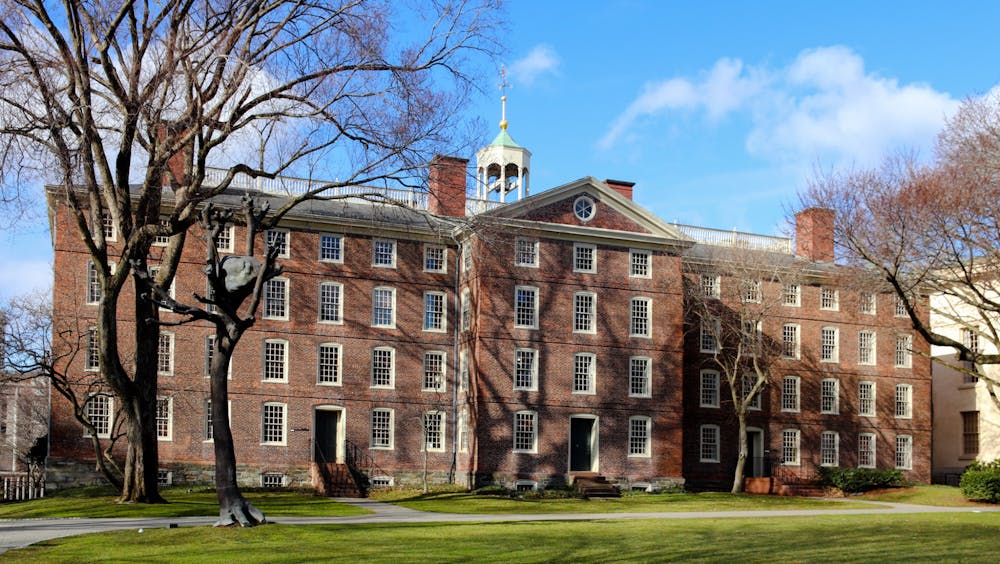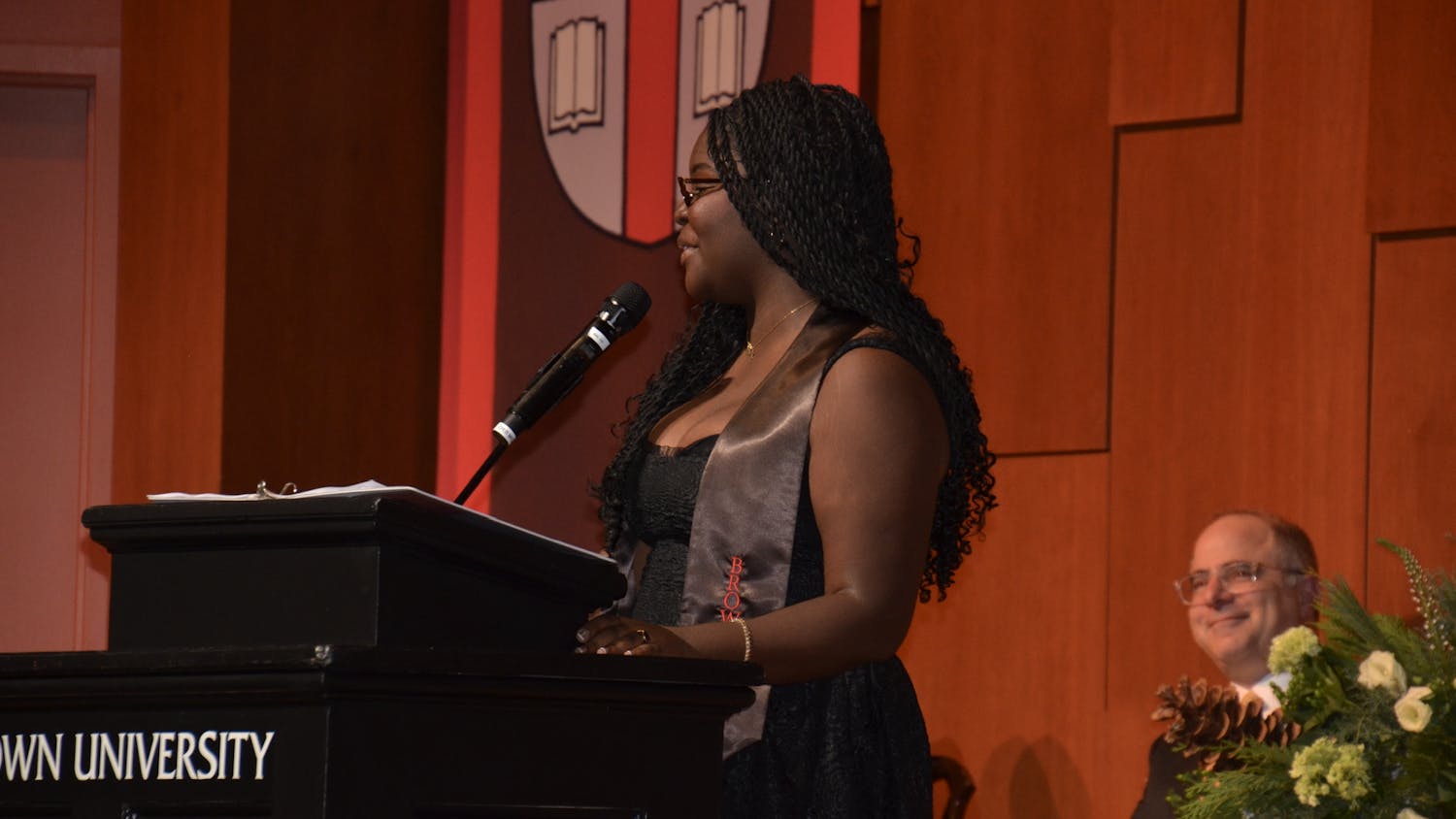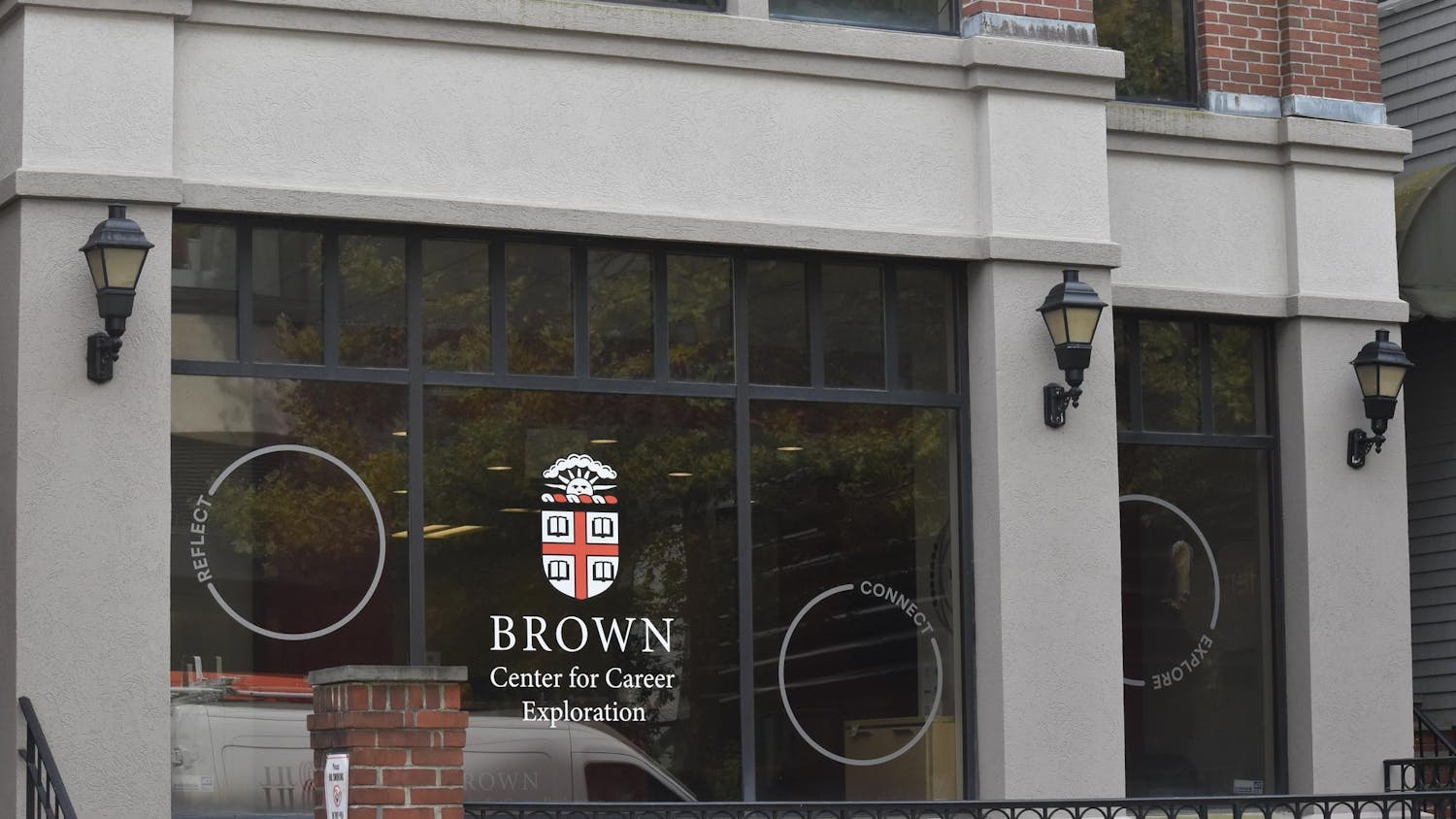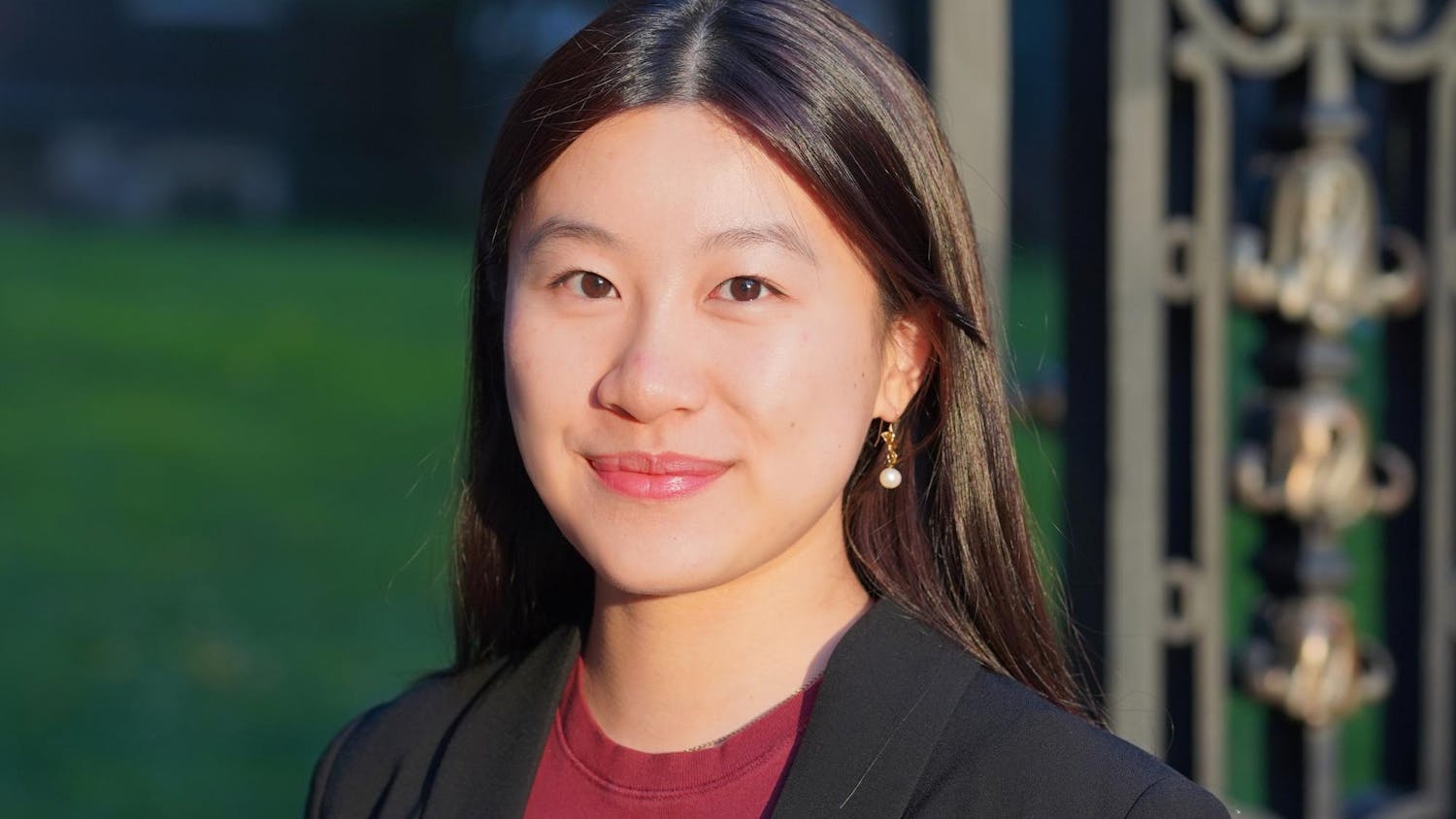From working through Title IX policy rules to leading efforts to reduce energy consumption, students across Ivy League institutions are critically engaging with rules and procedures at their respective institutions.
Yale Title IX policy prevents clubs from expelling alleged assailants
A Yale student involved with the university’s Mock Trial Association was informed by club presidents that the organization was unable to prevent her alleged assailant from participating in the organization, according to the Yale Daily News.
Though the student “secured a no-contact agreement which barred her alleged assailant from contacting her directly,” the club presidents informed the student that there was “nothing they could do without her filing an official complaint.”
According to the student, the club presidents told her that this policy follows the Yale Title IX office’s stance on ensuring “‘equal access to opportunity’” for both the alleged perpetrator and survivor. Without a conviction through an official investigation by Yale’s University-Wide Committee for Sexual Assault, any Yale community member who attempts to remove the accused from an activity is at “high risk of disciplinary action” in accordance with university retaliation prevention, according to the Yale Daily News.
Reducing energy on college campuses
Five students at Dartmouth developed a proposal to reduce the energy consumption of Montgomery House, a university building housing visiting Montgomery Fellows.
Sophie Edelman, one of the students involved in the project, told the Dartmouth that the team determined the house’s current baseline energy consumption by looking at “electricity and fuel oil billing records, installing an electricity monitoring system and conducting an energy audit at the house.”
Edelman noted that the house’s energy consumption per square foot is higher than most other Dartmouth dorms, despite having lower occupancy rates.
Adelina Sederman, another student involved in the project, told The Dartmouth that the team identified six major solutions to reduce the energy consumption of Montgomery House. The students proposed that the college: “making changes to electrical wiring, addressing air leaks, switching incandescent lighting to LED bulbs, putting in additional insulation in the basement, changing the air conditioner to a heat pump and switching from an oil steam boiler to a condensing propane boiler,” according to The Dartmouth.
The team estimates that the implementation of these changes would lead to a 71.5% reduction of energy use and save the house $2,000 annually, according to Sederman.
Columbia ends COVID-19 vaccine mandates, test reporting
On Thursday, Feb. 23, Columbia Provost Mary Boyce announced that the university will no longer require affiliated individuals to be vaccinated against COVID-19, the Columbia Spectator reported. While the university still recommends the use of masks in indoor spaces, they are not mandated. Columbia affiliates who test positive for COVID-19 are also no longer required to report their results.
Boyce made the announcement in an email sent to community members, writing, “at this point in time, the status of the COVID-19 pandemic has improved substantially,” according to The Spectator. Boyce reportedly cited the increased accessibility of COVID-19 treatments and preventative measures available to the Columbia community as reasons for the change.
Under this policy update, the university will no longer require visitors to the campus to show proof of vaccination.
President Joe Biden’s administration plans on ending the COVID-19 public health emergency in early May. W. Ian Lipkin, a Columbia professor of epidemiology, said to The Spectator that it would be “very difficult for Columbia to hold out and insist on vaccines for everybody who comes on campus.”

Sofia Barnett is a University News editor overseeing the faculty and higher education beat. She is a junior from Texas studying history and English nonfiction and enjoys freelancing in her free time.





